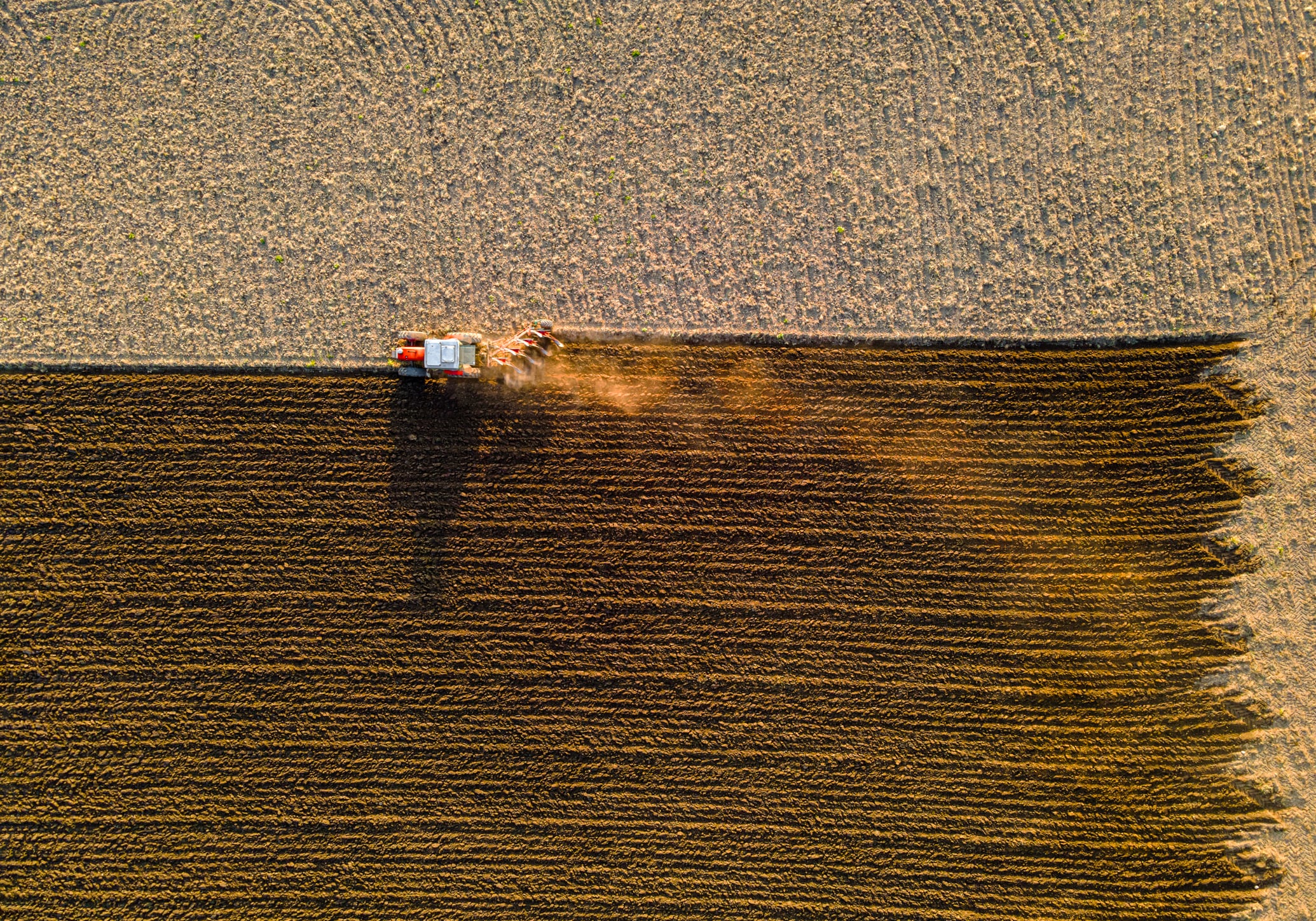Europe’s agricultural sector has been shaken to its core over the past few years. Widespread protests in countries such as the Netherlands, Germany and France over complex environmental regulations and declining subsidies and tax breaks have put pressure on the European Union to make things easier for farmers.
The EU’s Vision for Agriculture and Food, published earlier this year, promised to streamline regulations and reduce administrative burdens for smaller-scale farmers.
The EU has now announced a range of updates to the Common Agricultural Policy (CAP). These include simplification measures on regulation and an increase in incentives for farmers.
Bigger incentives for smaller farmers
One of the most significant changes introduced to CAP is an increase in payments and incentives for small-scale farmers.
For starters, the limit of annual lump-sum payments paid to smaller farmers will increase from €1,250 to €2,500, aiming to strengthen smaller farms. To improve competitiveness, the EU is also offering small farmers a lump sum of up to €50,000.
The gap between small farmers and large has become so big that it needs to be addressed, says Katia Merten-Lentz, partner at the law firm Food Law Science and Partners. “The European Commission needs to take into account this huge gap to try to rebalance.”
The increased payments will not “change the farmers’ world”, she explained, but they are “the beginning of something”.
Helping small farmers, she says, aligns with the agenda of the new European Commission, which came into power after the EU’s parliamentary elections in June last year. The new commission wants to push for more competitiveness, she explains.
Beyond the arena of competition, farmers will also need to be prepared for crises. Along with the ever-encroaching climate crisis making disastrous weather events more likely, animal disease also poses a risk, with bird flu and food and mouth disease (FMD) outbreaks hitting livestock in recent months.
The EU is offering crisis payments for these eventualities, under CAP Strategic Plans. Alongside this, it is also giving member states more flexibility over these CAP Strategic Plans.
CAP updates in brief
- The limit of annual lump-sum payments to smaller farmers increased from €1,250 to €2,500
- Smaller farmers will also find it easier gain more financial support to improve their competiveness, through a lump sum of up to €50,000
- New crisis payments, for eventualities such as animal disease and natural disaster, will be available under CAP Strategic Plans
- Member states will be allowed greater flexibility in adapting their CAP Strategic Plans
- Small-scale farmers will be conditionally exempt from some environmental rules, and benefit from incentives for eco-friendly practices
- Certified organic farms will be considered complaint with some of the EU's environmental requirements to recieve funding
- For certain demanding requirements, farmers may be given incentives to protect peatlands and wetlands
- On-the-spot checks on farms will be carried out only once a year for each farm
- Controls will be streamlined through the use of satellite and technology
- National administrators will be encouraged to develop interoperable digital systems, with the aim being that farmers will only have to submit their data once
Simplification now!
As laid out on the Vision, environmental regulations are now being simplified for farmers.
For example, certified organic farms will now automatically be considered compliant with certain parts of the EU’s environmental requirements for funding.
Small-scale farmers will also be considered exempt from certain environmental regulations, and will benefit from incentives for eco-friendly production. In the case of particularly difficult requirements, they will be given incentives to protect peatlands and wetlands.
Controls will be streamlined through the use of satellite and technology, and administrators will be encouraged to create interoperable systems through which farmers will only have to enter their data once.
There is too much onus on farmers to have expertise in different areas covered by the regulations, and they are often not given enough time to understand new rules, according to Merten-Lentz. These simplifications help ease this burden.
Furthermore, on-the-spot checks on farms will now only take place once each year. More trust is being put in farmers, explains Merten-Lentz, than before.
Will the changes go through Parliament?
The next stage for these proposed changes is to go through the European Parliament and Council.
They are “highly likely” to do so, explains Merten-Lentz. She feels that it is unlikely that anyone will want to amend or block the proposal.
She predicts that the European Commission will want to align these changes with the new CAP, which will be released in 2027.
This new CAP could, she suggests, even go “beyond” the proposals seen here.




